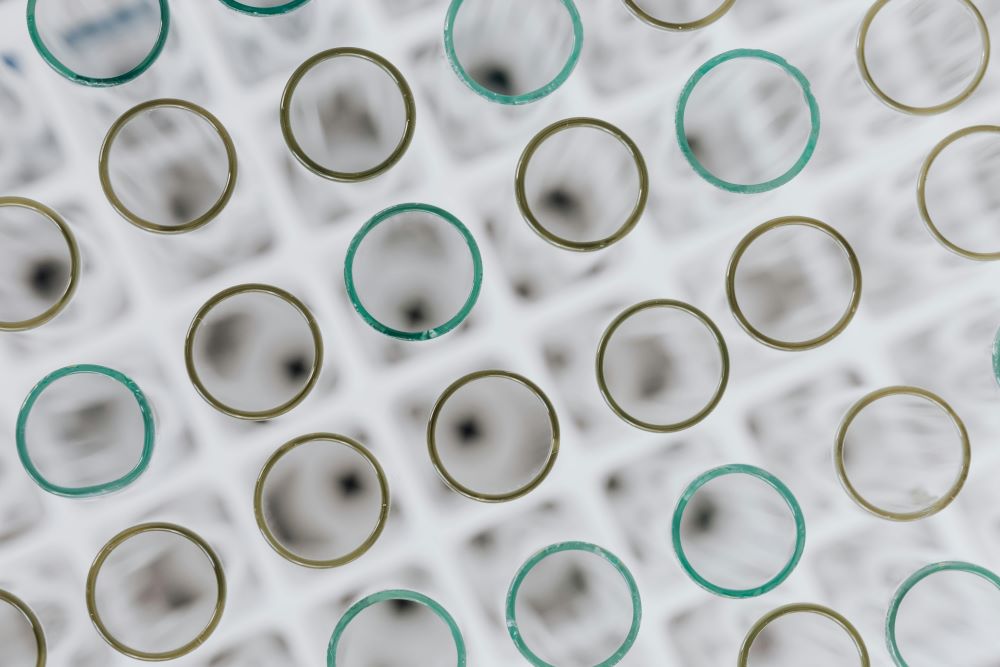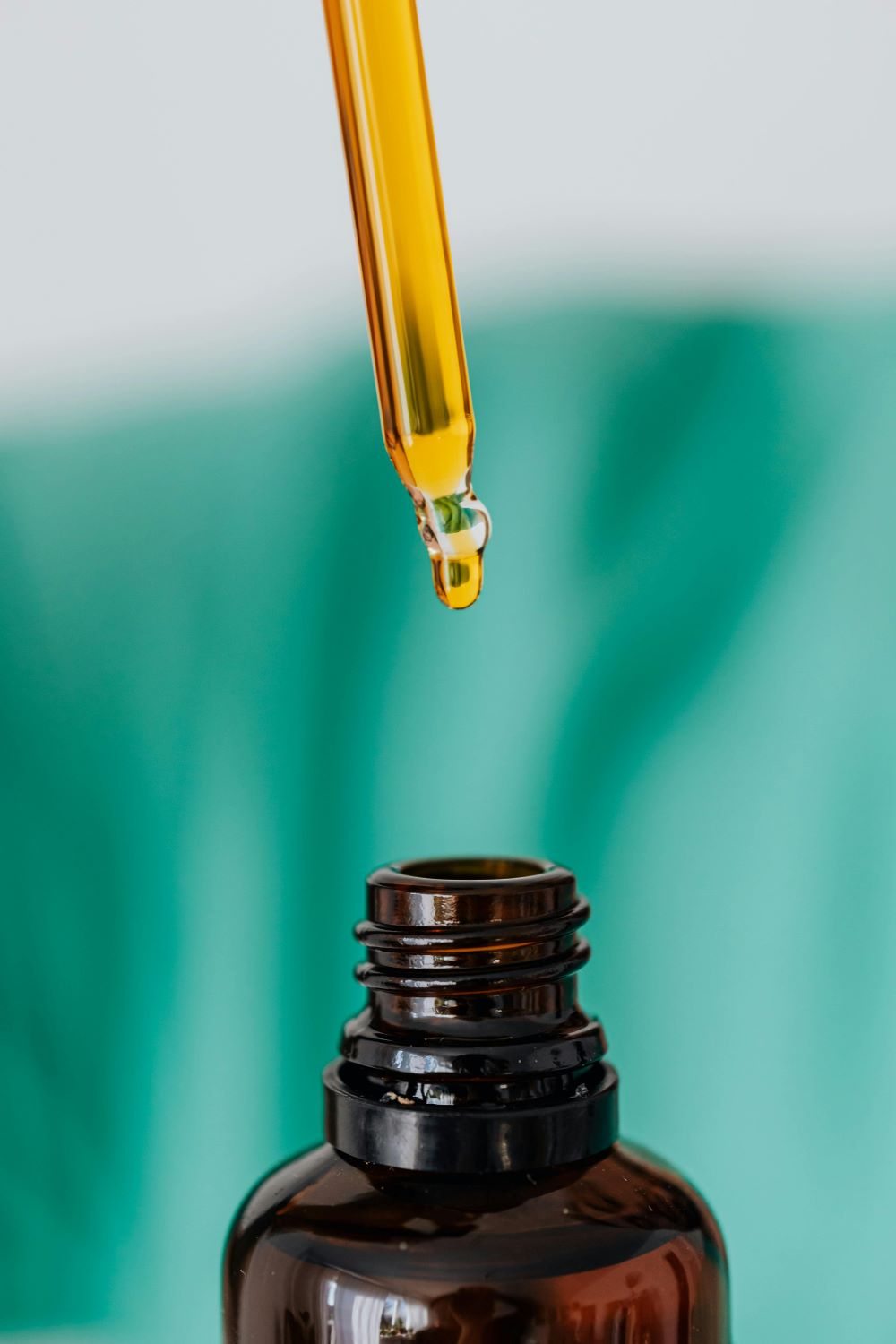Inhibiting the inflammatory signal may reduce age-related cancers.
In a recent study published in Nature, researchers explored the impact of interleukin (IL)-11 on aging and lifespan. Interleukin (IL)-11 is a pro-inflammatory cytokine that plays a role in immune response and tissue repair, both vital to slowing the aging process. Using mice in a laboratory setting, applying various pharmacological and genetic techniques, a team investigated how anti-IL-11 antibodies could positively affect health and longevity.
People often go to great lengths to avoid the signs of aging, investing in a variety of treatments and products to maintain a youthful appearance. Serums and creams boasting anti-aging properties are staples in many skincare routines, promising to smooth wrinkles and rejuvenate the skin. Botox injections are also popular, temporarily paralyzing facial muscles to reduce the appearance of fine lines. Beyond these, a range of cosmetic procedures, from fillers to laser treatments, are sought after to combat sagging skin and other age-related changes.
On top of trying to appear youthful, individuals may opt to maintain some healthy (healthier than the above) lifestyle habits, such as being physically active and following a well-balanced diet. They may also, however, opt for surgeries, pills, and other less-than-ideal options to make their bodies appear more youthful. The quest for eternal youth drives a booming industry for anything that promises a “quick fix,” with new innovations constantly emerging to help people turn back the clock on aging.
The newest study may shed some light on the relationship between a certain biomarker and the aging process. As individuals age, inflammation increases and the process is also marked by cell senescence, and mitochondrial dysfunction. These issues are linked to disruptions in pathways involving signaling molecules such as ERK, mTORC1, adenosine monophosphate-activated protein kinase (AMPK), and serine/threonine kinase 11 (STK11). In other people, metabolic health is closely tied to the AMPK-mTORC1 axis, and previous studies have shown that inhibiting mTOR can extend lifespan in mice models. Mice exhibit aging factors that are similar to humans.

While research on fruit flies, yeast, and worms has provided insights into lifespan extension, these findings do not always translate directly to health span improvements – the period of life spent in good health (i.e., free from chronic diseases and disabilities). Chronic sterile inflammation, a hallmark of aging and a sign of immune system dysfunction, suggests that targeting pro-inflammatory cytokines like IL-11 – which represent natural alarm signals in the body that trigger inflammation – might positively affect health and lifespan.
In addition to testing on mice, the study team used human hepatocyte cultures stimulated with IL-11 for different periods of time. These are analyzed against a panel of 92 proteins. Three strains of mice were used: those with the IL11RA1 gene deleted, those with the IL11 gene removed, and those with the enhanced green fluorescent protein (EGFP) gene inserted into the IL11 gene.
Lifespan and tumor progression were monitored after intraperitoneal injections of IgG or anti-IL-11 antibodies. Glucose and insulin tolerance tests, echo magnetic resonance imaging, grip strength assessments, indirect and bomb calorimetry, and various biomarker assays were conducted to measure the mice’s health.
Ultimately, the study found that aging mice exhibited upregulated IL-11 expression in various cells and tissues and removing the IL-11 or IL11RA1 genes protected the mice against metabolic decline, frailty, and multimorbidity. Administering anti-IL-11 antibodies to 75-week-old mice for 25 weeks improved muscle function, boosted metabolism, reduced aging biomarkers, and lowered frailty levels, extending the rodent’s lifespan by an average of 24.9% or 22.5% in male rodents and 25% in female mice, respectively. Inhibiting the inflammatory signal also lowered age-related cancers and tumorigenesis, suggesting a potential link between IL-11 and cancer.
The team reported that their findings not only offer hope for future, effective anti-aging treatments centered altering this biomarker in general, but more specifically, targeting IL-11 could be beneficial in cancer therapy and treating fibrotic lung disease, disease which age the body rapidly and carry high mortality rates.
Sources:
Mice live longer when inflammation-boosting protein is blocked
New drug extends lifespan by 25%, fights aging, could prevent cancer
Inhibition of IL-11 signalling extends mammalian healthspan and lifespan


Join the conversation!